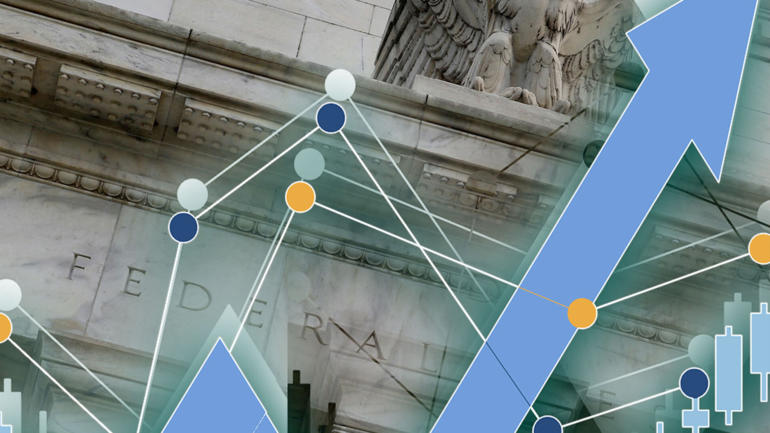The United States’ inflation rate has hit a 40-year high- a perfect storm triggered by a series of crises: COVID-19, a global supply chain crunch, and turbulent geopolitics. Those factors could lead to a drastic growth slowdown for the U.S. economy, a scenario that may lead to a recession.
The country’s central bank- the Federal Reserve- now has to thread a fine line between fighting inflation and keeping the economy on the growth track.
The Fed has a powerful tool to combat skyrocketing prices but raising interest rates could be a double-edged sword. A wrong move could prove disastrous for the U.S. economy. Crucial decisions have to be made later this month and the pressure is building.
Global Business will take a closer look at the Federal Reserve and its bid to keep the economy on a growth track in a special five-part series.
See how interest rates affect the stock market
The Federal Reserve has begun to raise interest rates and that’s rattled the U.S. stock market. The tech sector has been particularly hard hit with some company share prices falling more than 40 percent since November. CGTN’s Karina Huber reports.
U.S. Federal Reserve raises benchmark short-term interest rate
The U.S. central bank ended an era of some of the lowest borrowing costs on record this Wednesday.
The Federal Reserve raised its benchmark interest rate by up to a quarter of a percent, the first rate hike in more than three years.
Initially, the Fed wanted to wean businesses and consumers off low borrowing costs during the COVID-19 pandemic’s early phase.
But now it’s firefighting some of the highest inflation in decades, with Russia’s attack on Ukraine blamed for sending gasoline prices soaring.
CGTN’s Owen Fairclough reports.
U.S. Fed raises interest rates to combat inflation
This Wednesday, the U.S. Central Bank ended an era of record low borrowing.
The Federal Reserve raised its benchmark interest rate from zero to around a quarter of a percent, and it’s only a fraction.
The Fed’s decision will have a huge impact on the U.S. economy not long recovered from the pandemic and now facing huge uncertainty over inflation worsened by Russia’s attack on Ukraine.
CGTN’s Owen Fairclough reports.
See how interest rate hikes will affect consumers in the U.S.
The cost of mortgages, vehicle loans and other types of credit in the U.S. are on the rise after several years of ultra-low interest rates.
That’s after the central bank raised its benchmark interest rate for the first time since 2018.
The Federal Reserve hiked its rate partly to try to tame soaring inflation driving the U.S. cost of living up sharply.
Owen Fairclough reports.
 CGTN America
CGTN America
